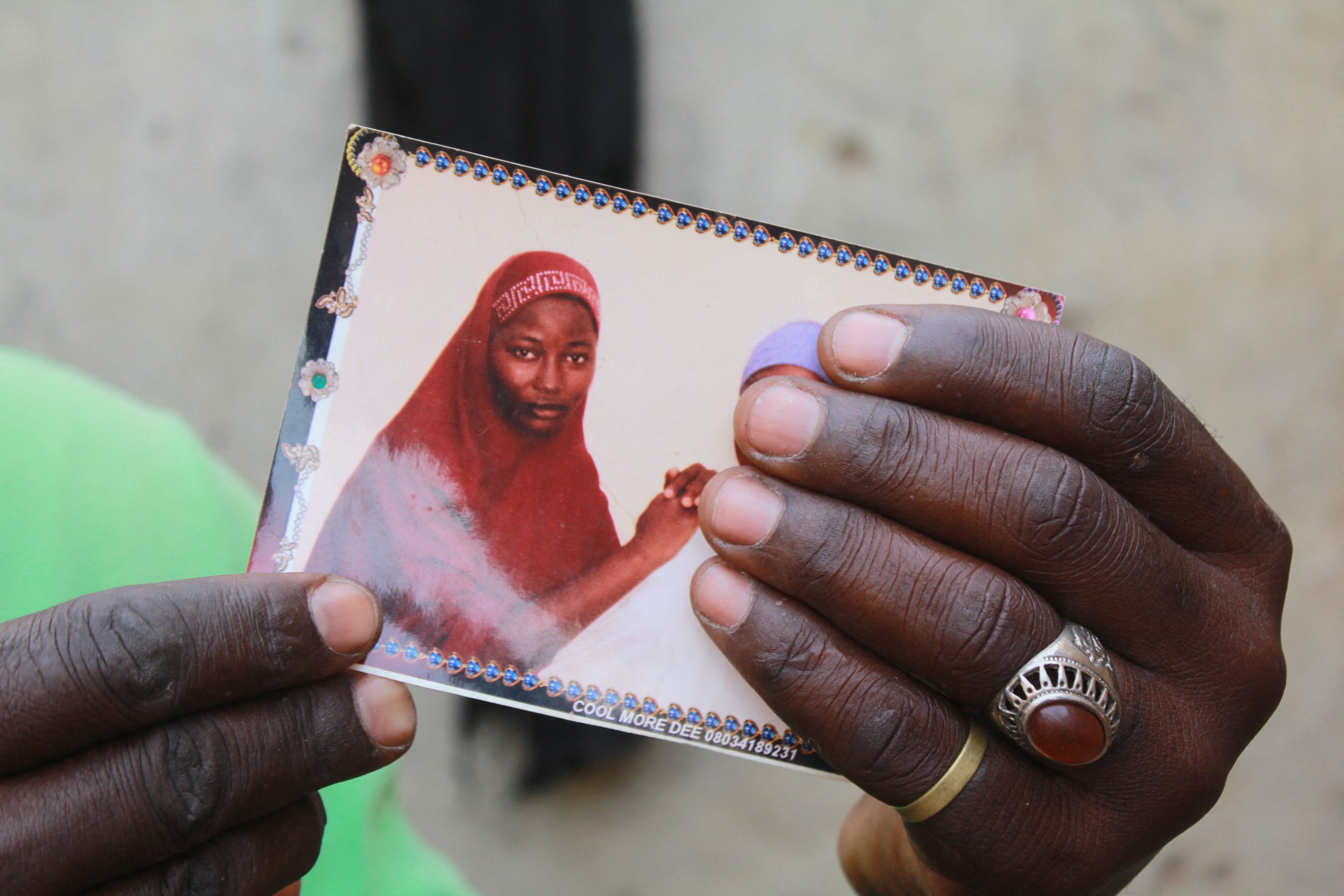
The report of the International Committee of the Red Cross (ICRC) that it has a record of 24,025 persons missing in Nigeria is depressing and most unfortunate. It certainly says a lot about the level of insecurity the country is facing, coupled with the evident incapacity of the state to secure its citizens, despite that security and welfare of the citizens “shall be the primary purpose of government,” by the 1999 Constitution of Nigeria. Rather ominously, the ICRC added in its report that this figure, “likely represents only a fraction of the actual total [in which] more than half …involved children…” This figure is also more than half of the 44,000 missing persons in the entire African continent. Furthermore, “more than 90 per cent of the cases are the result of the armed conflicts in the North-East [of Nigeria] and 57 per cent were children at the time they went missing.”
Lillian Dube, the Head of the ICRC’s sub-delegation office, who spoke at an event to commemorate the World Day of Disappeared Persons in Maiduguri, stated that 492 cases have been resolved, and 1,364 families have received news clarifying the fate of their missing loved ones. That information, as cheering as it is meant to be, hardly mitigates the depression of the very low value of Nigerian life that the ICRC report portrays.
To say that the state is so incapable of securing its citizens against heinous criminality as to be listed among the ignoble list of African countries with thousands of disappeared persons is intolerable. It should not at all be so. On the contrary, this country should not only be stable and prosperous, but active in the noble task of helping other less endowed countries to assure the safety of their peoples.
A disappeared person is defined as ‘someone who has disappeared and is no longer in communication with their family and friends’. Such victims of ‘enforced disappearance’ may have been abducted by agents of the state for political or other reasons, or kidnapped by non-state actors to extract ransom, for ritual, or for human trafficking. The United Nations says enforced disappearance is also a strategy by anti-state entities to generate a feeling of insecurity and spread terror within society.
Worse still, the victims are subjected to inhuman treatment and subjected to constant threat of death. Furthermore, ‘the families and friends of the victims experience mental anguish, not knowing whether the victim is still alive and if so, where he or she is being held, under what conditions, and in what state of health’. Not all missing persons suffer enforced disappearance though; some do choose to run away from home or an unpleasant environment.
Enforced disappearance in the form of kidnapping is an act of terrorism under Section 2 (3) (g) (ii) of the Terrorism (Prevention and Prohibition) Act, 2022. The gravity can be measured by the provision that it is punishable as provided in Section 11(d)(i) and (ii) by up to 25 years imprisonment ‘where death does not result’, or ‘death penalty where death results’.
Despite the severity of the consequent punishment, kidnapping has, in Nigeria, over the past few years, ranked high on the list of heinous crimes. With the decreasing capacity of the State to, through successive governments, ensure ‘the security and welfare of the people’ as enjoined in section 14(2) (b) of the Constitution, terrorists and bandits desperate for money have resorted to kidnapping for ransom or for ritual purposes. Indeed, it has become a business of sorts; its ‘return on investment’, that, depending on the financial weight of the victim, yields millions of naira per ‘operation’. This is considered far higher than other risk-laden crimes.
That this heinous crime is widespread and lucrative speaks much about the failure of constituted authority to meet its constitutional obligation to the people. President Bola Ahmed Tinubu stated the obvious as provided by law when, early this year at a Ramadan dinner with members of the federal judiciary, he was quoted as saying: “we must treat kidnappers as terrorists to get rid of them” and he promised to “get rid of them”. But before this, the president, as a candidate in the 2023 elections, committed his administration, if elected and by that fact entrusted with the security and welfare of the voters, to fulfil this sacred duty.
In his signed 80-page Action Plan for a Better Nigeria, he acknowledged and wrote that “the fundamental responsibility of government is to protect the lives and property of its citizens.” He promised: “We will mobilise the totality of our national security, military and law enforcement assets to protect all Nigerians from danger and the fear of danger. We will expand and improve upon technology use, enhance personnel recruitment, and bolster existing agencies and systems to achieve this fundamental national security goal.”
Alas, under his watch, since May 29, 2023, a coalition of 84 local and international civil society organisations (CSOs), speaking in May this year to mark a ‘National Day of Mourning’ reported that 4,334 persons were abducted and 4,416 killed during Tinubu’s first year in office. They further lamented Nigeria’s ranking as 144th out of 163 most insecure countries in the world as compiled by the Global Peace Index.
Tinubu committed himself to creating ‘anti-terrorist battalions’ (ABATTS) that would ‘seize the strategic and tactical initiative, giving terrorists, kidnappers and bandits no respite’ …as well as exploit aerial and technological superiority “to both deter as well as swiftly respond to attacks by terrorists, kidnappers and bandits.” Nigerians are still waiting for promises yet to be kept by their elected leader who sought to be president as a lifetime ambition, and, if his wish is granted, promised to hit the ground running.
Besides the federal law against kidnapping, some states have enacted similar anti-terrorism laws in response to increasing criminality across the six geopolitical zones. For example, in the South-East where the separatist agitators and other disgruntled, vested-interest groups resort to kidnapping for ransom, Ebonyi State has, since October 2009, stipulated a death sentence while convicted abettors are liable to 21 years imprisonment. Akwa Ibom, Enugu, and Rivers states have also enacted laws stipulating stiff penalties for kidnapping.
Sadly, there is so far little to show for the otherwise laudable promises of the government to combat kidnapping and other acts of terrorism that afflict the land under their watch. Indeed, in January this year, a group of 48 CSOs said that Nigeria is ‘under siege’ as ‘endemic insecurity has persisted under the last three administrations’. They called on Tinubu to ‘declare a state of emergency on kidnapping and other [acts] of terrorism’, including investigating and prosecuting persons suspected to be linked, as well as the related financial flows.
This government must rise to its moral (as promised in its action plan) and constitutional obligation to protect the citizens’ lives, property, and welfare. To reverse this ugly trend of missing innocent citizens is not only the ‘primary purpose of government’ but the very justification for the existence of any government at all.






